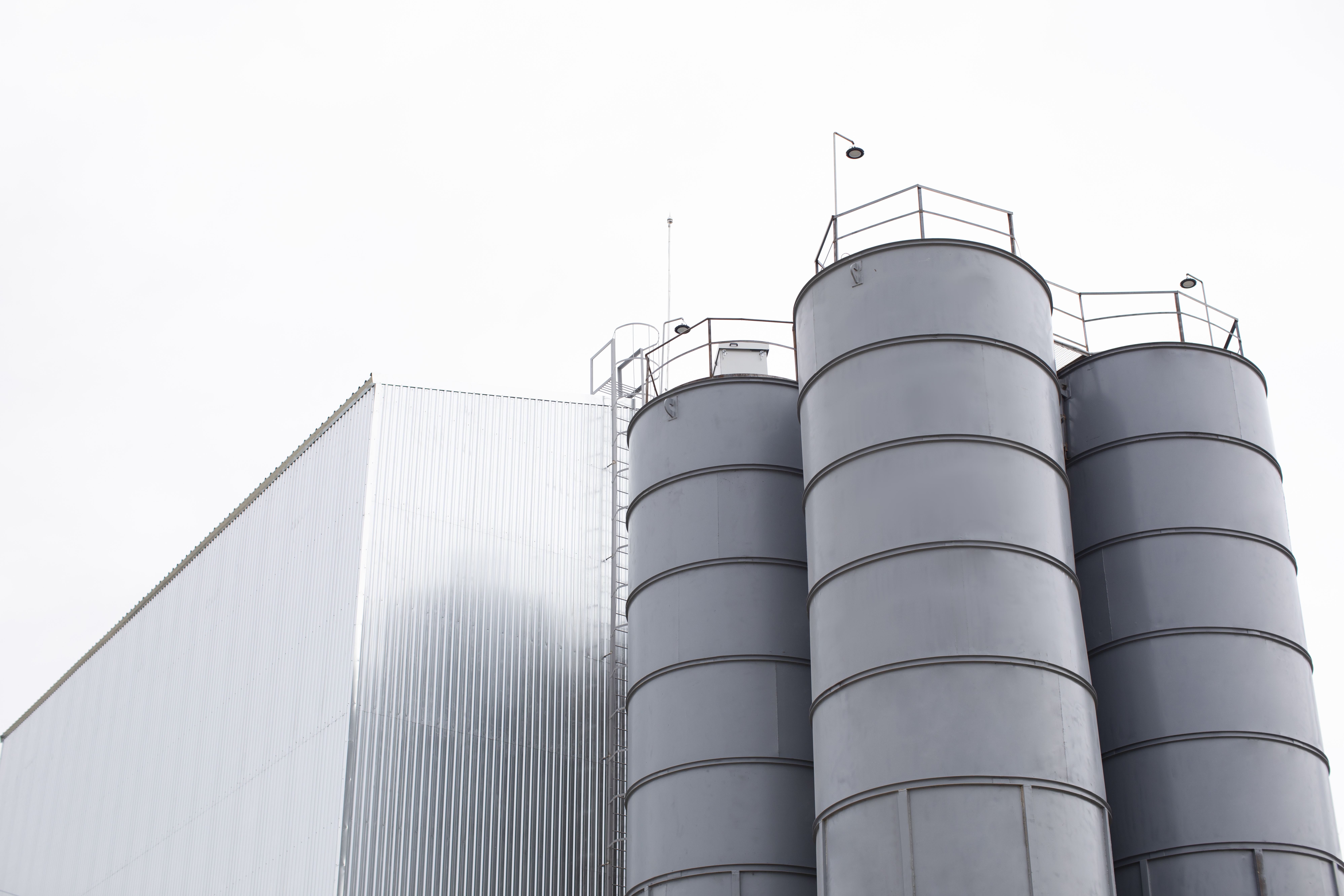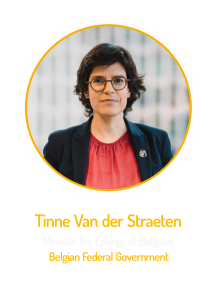In 2025, fuel sustainability has transitioned from a corporate aspiration to a strategic imperative. Across Europe and beyond, companies ranging from energy giants to innovative startups are implementing tangible measures to reduce carbon emissions, enhance energy efficiency, and contribute to a more sustainable future. This article examines the specific actions these companies are taking, the accountability mechanisms in place, and the environmental impacts at both local and global levels.
Corporate Actions on Fuel Sustainability
Defining Fuel Sustainability Across Sectors
Fuel sustainability encompasses a range of initiatives aimed at reducing the environmental impact of fuel production and consumption. Key strategies include:
- Sustainable Aviation Fuel (SAF): Alternative jet fuels that can reduce lifecycle greenhouse gas (GHG) emissions by up to 80%.
- Renewable Diesel: Diesel produced from renewable resources, offering significant GHG reductions.
- Carbon Capture and Storage (CCS): Technologies that capture CO₂ emissions from industrial processes for storage or reuse.
- Electrification: Transitioning from fossil fuels to electric power in transportation and industrial processes.
- Circular Feedstocks: Utilizing waste materials as inputs for fuel production
European Case Studies
Neste (Finland)
Neste is a global leader in renewable fuels, producing SAF and renewable diesel that can reduce GHG emissions by up to 80% over their lifecycle. In 2024, Neste’s sustainability reporting was updated to comply with the Corporate Sustainability Reporting Directive (CSRD), ensuring transparency and accountability.
Eni (Italy)
Eni has partnered with the UK government on the Liverpool Bay Carbon Capture and Storage (CCS) project, aiming to reduce industrial emissions in northwest England and north Wales. The project includes the development of 35 kilometers of new pipeline infrastructure to transport CO₂ to Eni’s depleted gas fields.
TotalEnergies (France)
TotalEnergies has invested $4 billion in Integrated Power, increasing its net electricity production by 23% in 2024. This investment contributed to a 16.5% reduction in the lifecycle carbon intensity of the company’s energy products sold compared to 2015.
Cemvision (Sweden)
Cemvision has developed a cement alternative that reduces emissions by up to 95% compared to traditional Portland cement. The company has partnered with JM to use climate-improved concrete in all projects in Sweden and Norway, and with Vattenfall to supply near-zero emission cement.
Grenergy (Spain)
Grenergy’s solar projects helped avoid 318,468 tons of CO₂ emissions in 2024. The company has developed an ambitious biodiversity strategy for 2030 and has successfully met the goals outlined in its 2024 ESG roadmap.
Newcleo (France)
Newcleo is developing small modular lead-cooled fast reactors fueled by mixed uranium/plutonium oxide (MOX), aiming to enhance reactor safety and facilitate waste recycling. The European Commission has selected Newcleo’s projects for development, facilitating access to European funds.
Skyrora (UK)
Skyrora is developing eco-friendly rocket fuel and has created a new method of launching satellites that minimizes environmental impact. The company is establishing itself as a key innovator in ensuring space sustainability.
Astarta Holding (Ukraine)
Astarta integrates sustainable farming practices with circular economy principles, focusing on waste minimization and energy efficiency. The company received a USD 30 million financing package from the EBRD, including a USD 9 million sustainability-related loan from the Clean Technology Fund.
Amic Energy (Poland)
Amic Energy opened a new station in Legnica in August 2024, featuring a modern design and enhanced customer conveniences with a strong focus on sustainability. The company aims for continuous growth by opening new locations and incorporating existing stations into its network.
Explore the latest sustainable fuel strategies at the InventU Fuel Evolution Congress in Berlin.
Oversight and Accountability
Reporting Frameworks
Companies are increasingly adopting standardized reporting frameworks to ensure transparency and comparability of sustainability data. Key frameworks include:
- Corporate Sustainability Reporting Directive (CSRD): Mandates detailed sustainability disclosures for large companies operating in the EU.
- Global Reporting Initiative (GRI): Provides guidelines for reporting on economic, environmental, and social impacts.
- Science Based Targets initiative (SBTi): Helps companies set emission reduction targets in line with climate science.
Verification and Assurance
Third-party assurance of sustainability reports enhances credibility. For instance, Neste’s 2024 sustainability reporting was renewed to comply with the CSRD, ensuring reporting continuity and serving as a single source for relevant sustainability metrics and indicators.
Global Leaders Outside Europe
United States
In the U.S., companies like Delta Air Lines and Amazon are investing in SAF and electrification of their logistics networks. Chevron is exploring renewable diesel and biofuels to reduce its carbon footprint.
Asia
In Asia, Japan Airlines is testing SAF on commercial flights, while South Korea’s SK Innovation is investing in battery technology and renewable energy. China’s Five-Year Plan includes targets for increasing the share of non-fossil fuels in primary energy consumption.
See how these efforts compare at a global scale—request the InventU Congress brochure for full program insights.
Local vs. Global Environmental Outcomes
Local Impacts
Fuel sustainability initiatives have immediate local benefits, including:
- Air Quality Improvement: Reduced emissions lead to better air quality, benefiting public health.
- Economic Development: Investment in sustainable technologies creates jobs and stimulates local economies.
- Community Engagement: Companies like Grenergy engage with local communities through educational programs and infrastructure development.
Global Impacts
Collectively, these initiatives contribute to global efforts to mitigate climate change by:
- Reducing GHG Emissions: Transitioning to renewable fuels and implementing CCS technologies lower global CO₂ levels.
- Advancing Sustainable Development Goals (SDGs): Corporate actions align with SDGs related to affordable clean energy, industry innovation, and climate action.
Barriers and Opportunities
Challenges
Despite progress, companies face several challenges:
- Infrastructure Limitations: Developing the necessary infrastructure for renewable fuels and CCS can be capital-intensive.
- Regulatory Hurdles: Navigating varying regulations across regions can complicate implementation.
- Market Volatility: Fluctuating energy prices and demand can impact investment decisions.
Opportunities
Opportunities for advancement include:
- Technological Innovation: Advancements in fuel technologies can enhance efficiency and reduce costs.
- Public-Private Partnerships: Collaborations between governments and companies can accelerate infrastructure development.
- Consumer Demand: Growing consumer preference for sustainable products can drive market growth.
The transition to fuel sustainability is a multifaceted endeavor involving technological innovation, regulatory compliance, and stakeholder engagement. Companies across Europe and globally are demonstrating that with commitment and collaboration, significant progress is achievable. By continuing to invest in sustainable practices and transparent reporting, these organizations are not only mitigating environmental impacts but also positioning themselves as leaders in the evolving energy landscape.
Sources:
- https://www.neste.com/en-us/sustainabilityNeste
- https://www.reuters.com/sustainability/climate-energy/uk-eni-agree-go-ahead
- https://amicenergy.com.ua/en/novini/amic-energy-in-poland-we-have-significant-growth-potential/
- https://www.bio-conferences.org/articles/bioconf/pdf/2025/24/bioconf_afe2024_04003.pdf
- https://skyrora.com/skyrora-s-space-tug-gives-space-sustainability-dream-a-lift/
- https://www.world-nuclear-news.org/articles/newcleo-plans-fuel-development-centre
- https://grenergy.eu/results-2024-grenergy-increases-its-ebitda-by-53-to-e160-million/https://totalenergies.com/news/press-releases/totalenergies-publishes-its-sustainability-climate-2025-progress-report-and




















